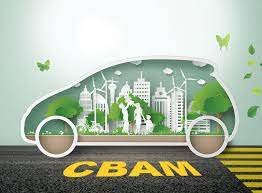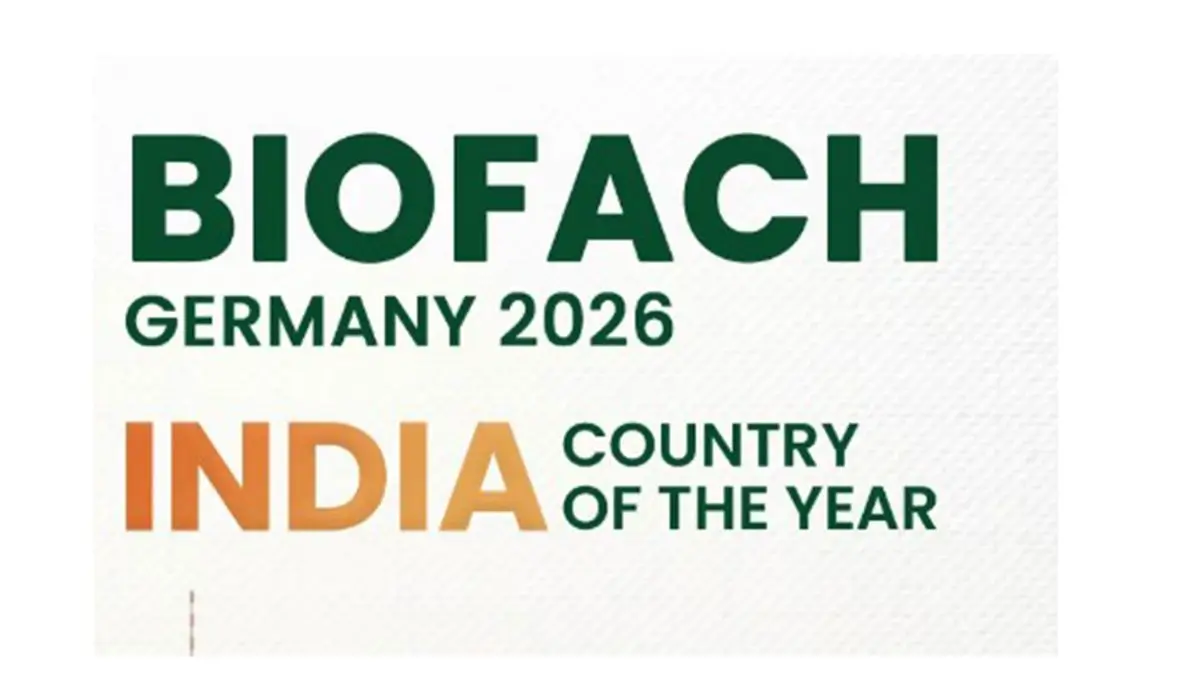India’s Carbon Tax Response to CBAM Raises Concerns for EU Manufacturing
In recent global news, India’s decision to introduce a Carbon Border Adjustment Mechanism (CBAM) has stirred concerns within the European Union (EU), particularly among its manufacturing sectors. This response aims to address the environmental impact of carbon emissions and aligns with the global trend towards sustainability. As students preparing for various government exams, understanding this news story is essential as it touches upon international trade policies, environmental regulations, and their implications on global economies.

Why this News is Important:
1. India’s Carbon Tax Initiative: India’s introduction of a Carbon Border Adjustment Mechanism (CBAM) is a significant step in its commitment to reduce carbon emissions. This move aligns with global efforts to combat climate change and promote sustainable practices. India is responding to international pressure to address its carbon footprint.
2. Impact on EU Manufacturing: The EU has expressed concerns about India’s CBAM, as it may affect its manufacturing industries. The fear is that the added cost of carbon taxes on imports from India could harm EU manufacturers’ competitiveness in the global market, especially in sectors where India is a significant exporter.
Historical Context:
To understand India’s CBAM response and its implications, we must consider the historical context. Climate change and environmental concerns have been pressing global issues for decades. The Paris Agreement, signed in 2015, was a significant milestone in international efforts to combat climate change. It set goals for countries to reduce their greenhouse gas emissions and limit global warming.
India’s decision to introduce CBAM can be seen as a step toward fulfilling its commitments under the Paris Agreement. The move reflects the growing consensus that nations must take concrete actions to reduce carbon emissions and their environmental impact.
Key Takeaways from “India’s Carbon Tax Response to CBAM Raises Concerns for EU Manufacturing”
| Serial Number | Key Takeaway |
|---|---|
| 1 | India’s introduction of a Carbon Border Adjustment Mechanism (CBAM) demonstrates its commitment to addressing carbon emissions and environmental sustainability. |
| 2 | The EU is concerned that India’s CBAM may negatively affect its manufacturing industries by increasing the cost of imports from India. |
| 3 | This news highlights the global importance of environmental sustainability and the role of nations in mitigating climate change. |
| 4 | The situation emphasizes the complexities of international trade and diplomatic relations, where economic interests may clash with environmental responsibilities. |
| 5 | Students preparing for competitive exams should focus on this news, as it touches upon various relevant topics, including international relations, environmental policies, and their impact on the economy. |
Important FAQs for Students from this News
Q: What is a Carbon Border Adjustment Mechanism (CBAM)?
A: CBAM is a mechanism that imposes carbon taxes on imports to offset carbon emissions associated with the production of imported goods.
Q: Why is India introducing a Carbon Border Adjustment Mechanism?
A: India is introducing CBAM to align with global climate goals and address its carbon emissions.
Q: What concerns does the EU have regarding India’s CBAM?
A: The EU is concerned that India’s CBAM may negatively affect its manufacturing industries and global competitiveness.
Q: How does this news relate to international trade and diplomatic relations?
A: This news underscores the complexities of balancing economic interests and environmental responsibilities in international trade and diplomacy.
Q: Why is this news relevant for competitive exams?
A: This news covers international relations, environmental policies, and their economic impact, which are important topics for various government exams.
Some Important Current Affairs Links

















